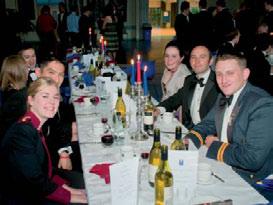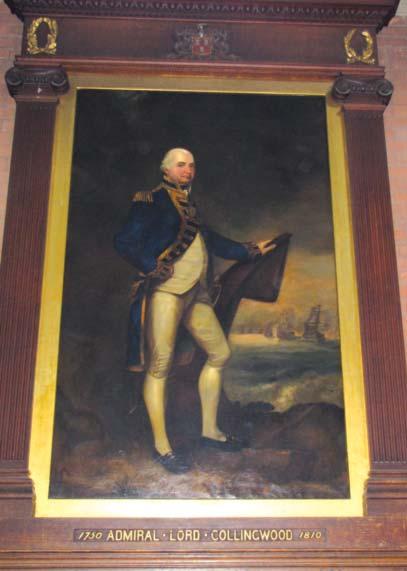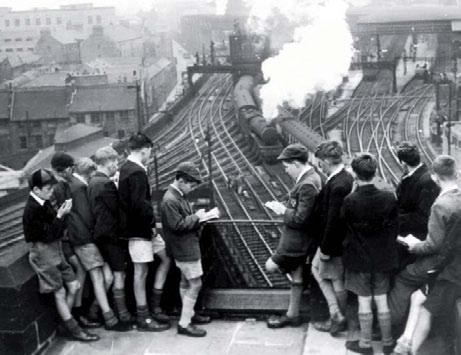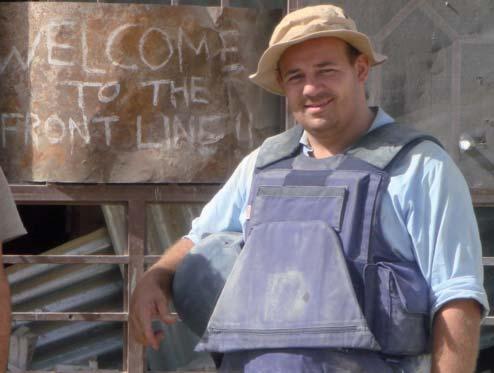Tents, Trenches and Treks RGS Go Camping In our new series about school camps we begin with Henry Spall’s memories of camps in the 1950s
C
amping began at RGS in 1925. There’s an excellent review of these early days in the December 1950 issue of the NOVO magazine. The only camps that were not continued after the War were the weekend camps in the Tyne Valley, and the Whitsuntide camps in Northumberland and the Lake District. At RGS during the 1950s, camping was still very popular. There were the May Race Week camps, principally in the Yorkshire Dales. The History camps were more leisurely, spent in widely-spaced parts of the country. During the summers there were camps in the Lake District, and the Isle of Arran. The Harvest Camps were a relic of the war years, and were spent in Lincolnshire and East Anglia. All provided hard grounding and character building for youthful minds. I went to seven camps during my years at RGS. The best thing I can do is to try to give a composite summary of impressions of camping life from the memories I have. For the lower school students, Race Week camps were the introduction – mine were Wensleydale and Swaledale. Marshalled by the masters under the clock at Newcastle Central Station was the start of the adventure. The same scenario would occur for the summer camps in the Lake District and Arran. Carrying a bizarre collection of oversized kitbags, Bergens, haversacks, and some suitcases, about 30 of us would board the train to the destination. This was in the days before Dr Beeching’s decimation of the railways, when local rail lines were abundant and you really could get there from here. It was also the wondrous age of steam trains, which produced their hypnotic clacking on the tracks (as well as a recognisable fug in the carriage). It was also the time of individual compartments with three abreast, either side. We tried hard not to have any adults in the compartment, because in those days adults could be quite vocal and caustic about the behaviour of the young (who could be generally cowed by “authority”).
6









